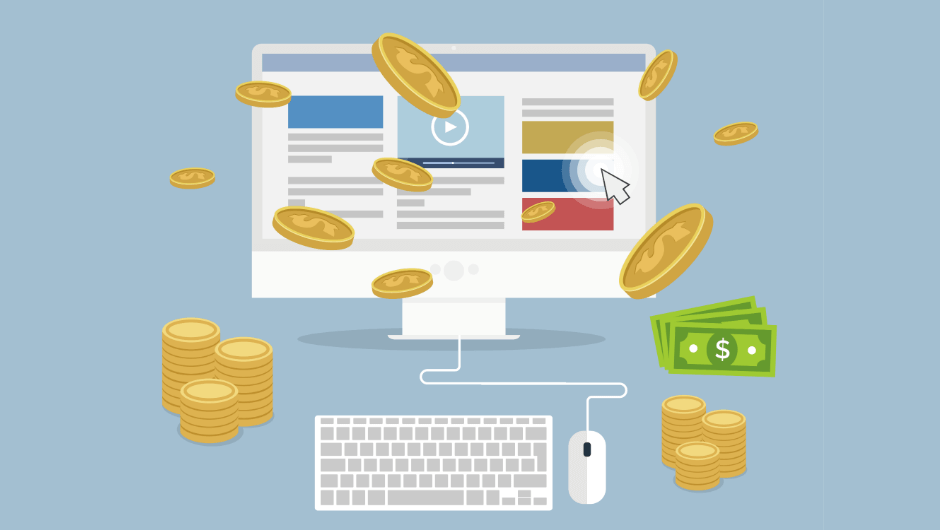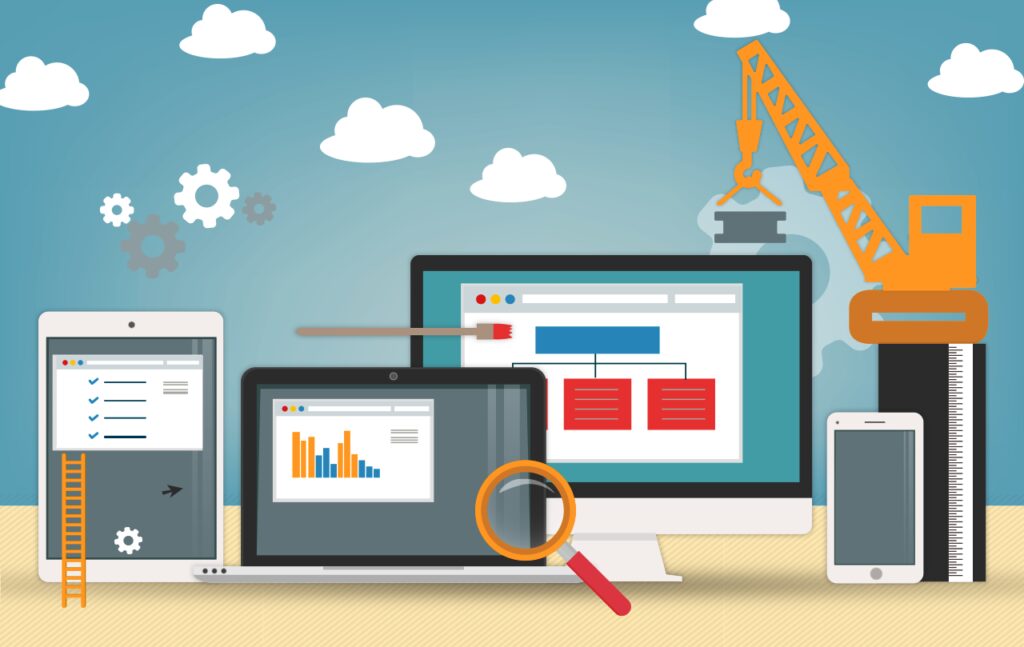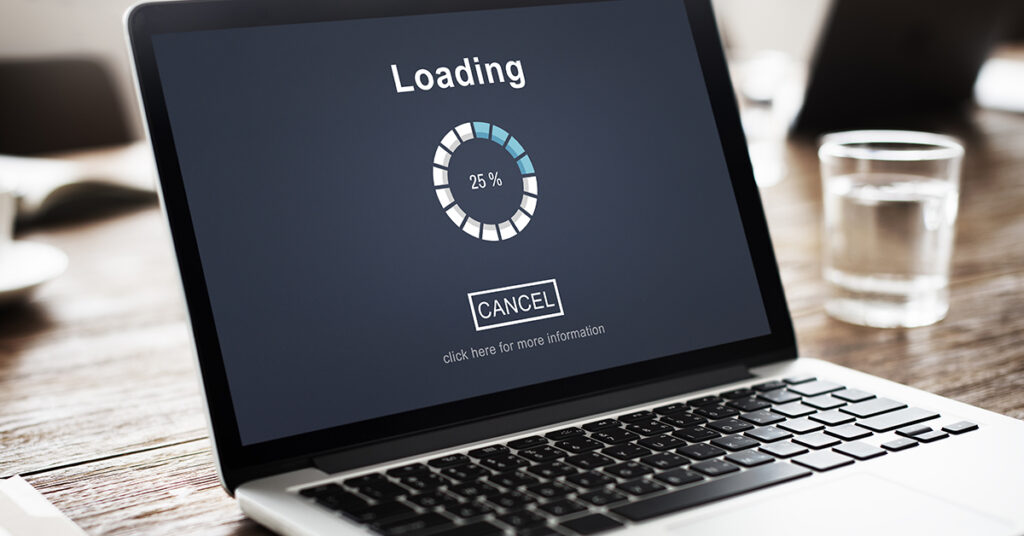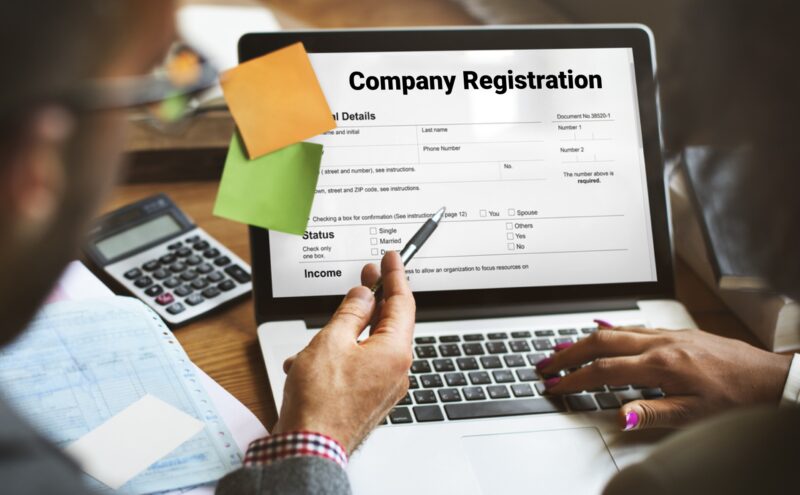In the modern, tech-oriented world, every business needs to have a strong Internet presence if it means to be successful. People are used to researching things online, and if they are in need of a certain product or a service, they will use their Internet browsers and search engines to get the answers and recommendations.
This is exactly why web design is in so high demand, and why web designers constantly have their hands full. However, this is not the only way to do things. Apart from being quite expensive to hire a designer and pay for everything a website needs, you could also build one yourself. The best thing of all is that you require next to no expertise and knowledge to actually do it.
Thanks to the many website builders online, more and more people are approaching website design as DIY projects and making and maintaining their own sites. From the comfort of your home, on your own PC, you can now create a website of your choice and edit it however you please. Here in the article, we are now going to explore the pros and cons of creating your own website and how much it is better or worse than hiring a professional. In the meantime, check out MyBestWebsiteBuilder.com to find top DIY website builders in 2024.
1. Cost

Since it is a DIY project on a dedicated service, website builders are often very inexpensive or completely free of charge. However, as it goes with most things in life, you get what you pay for as many free plans include ads or limited design features.
With a free website builder, one could also create the website alone, with minimal overhead and nobody else involved, keeping costs to a bare minimum. This also has its downsides as it is difficult and sometimes impossible to achieve a certain look and feel without someone to assist you. A certain degree of tech-savvy has to be involved if you are to effectively pull it off on your own.
Finally when the cost is concerned, learning basic web design through DIY is possible thanks to the easy-to-understand templates. Everything is made to be accessible and the user interface is often simple. You will be able to play with the elements at will while the builder is assisting you along the way. On the other hand, not all builders are equal and a great deal of them offer limited freedom and features. If you want to escape paying for premium upgrades, you could be left disappointed with the final result no matter how proficient you became with the builder.
2. Time and Effort

Launching a website on your own is quick and no effort at all. Some builders offer immediate activation, so if you have stick time constraints, DIY sites are your saviors. This is not all, as a DIY project could take you much more time than you initially hoped it would and prove challenging. You might end up putting too much time into it, even if the builder mechanics are easy and templates are useful. On the other side, greatness takes time and effort so once you pay a certified web designer to develop a website, you will wait for it for some time. However, you will get a quality website in the end.
Maintenance-wise, sometimes it is more important than actually getting a website in the first place. The obvious pro of self-maintaining a website is that you can do it at any time and make whatever changes you want. The bad side is that such support is limited as something out of your field could occur and your own expertise and options will be very limited.
3. Branding and Stylizing

Among the most important things a quality website has to have are a good design and an appealing welcoming page. One pro of DIY site builders is that there is a plethora of premade and ready-to-use templates available on the internet, and you have full freedom when choosing one. This is also a con since you know there will be many other websites using that same or a very similar template for their website. And who wants to have the same website as their competition? In business, and in life, you have to stand out to be noticed.
Furthermore, a positive thing about the many themes and templates is that they are generally made to be and look attractive and customizable. Again, this is a double-edged sword since most of them have limits on what you can change and remove because they need to remain within the limits of the template or theme in question.
4. Tech Features

The last pro and con battle in the article is going to revolve around the technical issues and features of DIY website builders. A very good thing they offer is hosting, as it is already provided so you will not have to look for a server to host your fresh new website. Now, since it is a lower-tier kind of hosting, it is also very unreliable meaning connectivity and loading issues may ruin the experience for your viewers.
Moving on, by DIY-ing your own website, you will have another thing already provided. Similarly to hosting, the builders come with basic technical features and security. Also similarly to hosting, such bottom-tier security is a joke to potential hacker attacks while the technical features are often average at best. Slow loading times will be the scourge of your website if you opt not to pay premium packages or fees to switch your hosting entirely.
Takeaways and Conclusion
Doing things yourself is how many people like to live their lives. It does not always come down to money for them either, as they simply love creating things with their own hands. This is why there is a large market for DIY website builders online. It was made for those who wish to try their luck in the world of web design. If you end up giving it a shot and do not like the result, you can always hire an experienced professional with dozens of successful websites in their portfolio and pay them to develop a top-of-the-line website for your company. On the other hand, it could turn that there was a talented DIY web designer hiding inside you this whole time!
Related Posts:
- Pros And Cons Of Post And Beam Construction - 2024 Guide
- 10 Pros and Cons of Automated Cryptocurrency Trading…
- 6 Pros and Cons of Using Unorthodox Gambling…
- 6 Pros and Cons of Hair Rebonding - 2024 Guide
- 7 Pros And Cons Of Buying Patio Furniture Online in 2024
- 6 Steel Casting Tips and Tricks for DIY Projects -…







